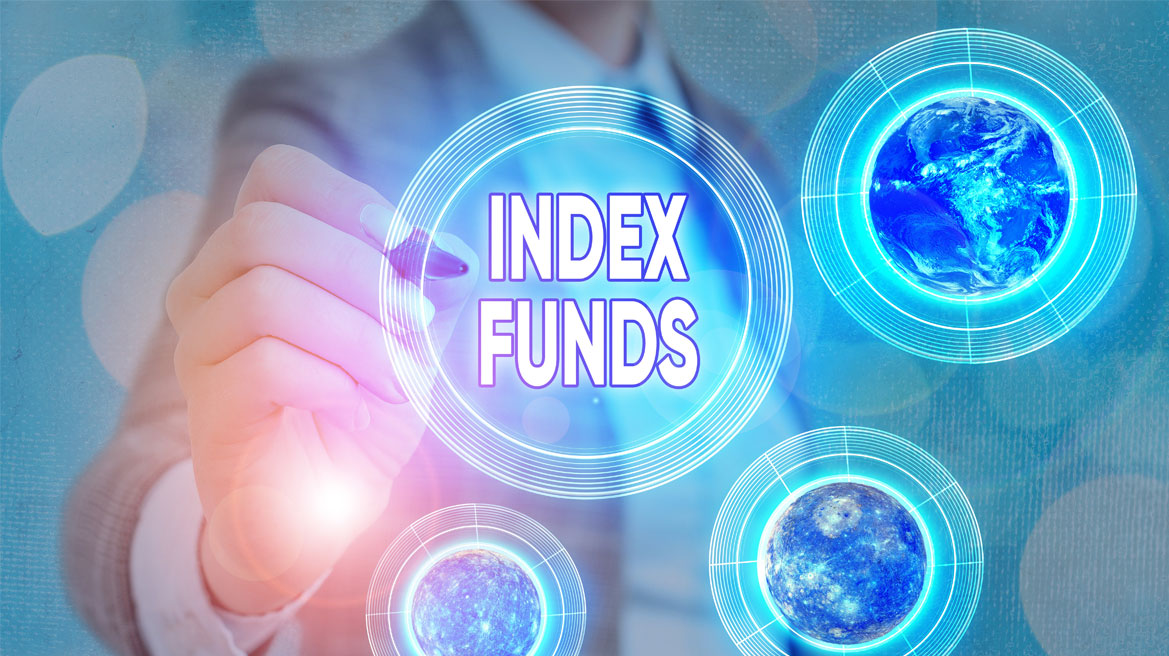
How to Invest in Index Funds
As Buffett wrote in a 2016 letter to shareholders, “When trillions of dollars are managed by Wall Streeters charging high fees, it will usually be the managers who reap outsized profits, not the clients. Both large and small investors should stick with low-cost index funds.”
Index funds refer to funds that invest in a broader market indexes. People are less aware of this kind of funding and prefer to invest in actively managed funds. There has been a change in the investing pattern, which is now focusing more on the passively managed funds.
If you are planning to invest, you have to know the following information about the Index funds.
What is an index fund?
An index fund is a portfolio of stocks or bonds designed to form the composition and performance of a financial market index. Index funds have lower expenses than actively managed funds. When you buy an index fund, you get a various selection of securities in one easy, low-cost investment.
In layman’s language, an index fund is like a box of chocolates, consisting of different types of chocolates available, so that you get to taste the best of each type.
Index funds follow a passive investment strategy. These funds are also known as index-tied or index-tracked mutual funds. For instance, you might put 60% of your money in stock index funds and 40% in bond index funds.
How does Index funds?
The index funds consist of a bundle of stocks of different companies. For example, the S&P 500 stock market index, maintained by S&P Dow Jones Indices, comprises 500+ common stocks issued by 500 large-cap companies and is traded on American stock exchange. The fund manager decides which stocks have to be bought and sold. It is made sure that it invests in all the securities.
However, there can be a small difference between fund performance and the index, also called the tracking error. It is the job of the fund manager to bring down the tracking error as much as possible.
Who can Invest in Index funds?
Index funds involve low-risk. In many cases, index funds outperform even the most actively managed mutual funds. Therefore, the risk-takers who expect profitable and significant returns are ideal for investing in index funds. These funds do not require much tracing, making it easy to manage. However, if you want to earn significant returns in the short run, then one must actively manage the funds.
Factors to consider before Index Funding:
Investing may seem arduous to some, but if done right, you can earn the best value for your hard-earned money. Make sure to consider these factors before investing in Index Funds.
- Investment plans- These funds experience fluctuations in the short-term, which averages out in the long-term. You need to stick around in the long-term if you wish to invest in index funds. A period of 7 years or more is usually recommended.
- Risk Factors- Even though risks are lower in index funds, one must maintain a healthy mix of index funds and actively managed equity funds in the equity portfolio. This is because index funds lose their value during market slumps.
- Expense Ratio- Index funds have low expense ratio. As the funds are passively managed, there is no need for an investment strategy. This brings the expenses down.
- Tax- On the redemption of your units, you earn taxable capital gains. The rate of taxation depends on the holding period.
Benefits of Index Funding:
- Remunerative returns- Index funds have low investment costs and high rate of returns.
- Lower managerial cost due to passive management- There is the minimal cost required to start your investment journey with index funds. This makes it suitable for all classes of investors.
- Broader diversification- It reduces the degree of risks associated with the investment.
The Drawbacks of the index funds
Moving forward, index funds do have a few drawbacks that every investor needs to keep in mind.
For as much as index funds are not actively managed, and most indices are market-weighted, sometimes a well-performing stock gets higher weightage in the index. Hence, index funds enjoy less flexibility than managed funds. Index funds investment decisions are made within the constraints of matching index returns.
How to Invest in Index Funds to get the maximum returns?
Before investing in Index Funds, one must analyze the past performance of the funds, as it gives a better prediction of the future. Secondly, compare the expense ratio to the return on investment, and invest in the most profitable option for you. If you are willing to invest in Index funds, the choice of specialized brokerage firms matters the most.
Begin your investment journey with Weathface.
Wealthface is a reliable digital platform for investment. It follows the well-known back-tested algorithms which provide gripping and profitable schemes for investment, helping you grow your wealth in the long term.
The plan of action is easy, transparent, and has only three steps. The key features delivered are:
- commission-free trading,
- expert advice from the in-house experts having credentials from the world’s most prestigious institutions,
- a complimentary service of auto rebalancing of accounts, and
- buying of fractional shares and so on
Wealthface offers different pricing categories with their exclusive benefits. Start your investment journey with us today!
In a nutshell
Index funds are more stable in comparison to other equity funds. They give high returns at low risks. Before investing in index funds, study the track records of the funds, compare them and choose the one that gives the most worth for your hard-earned income.




